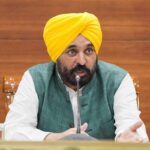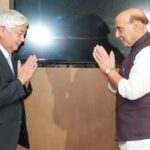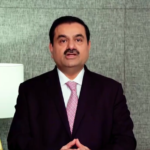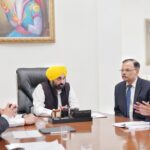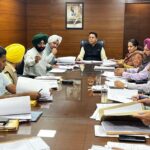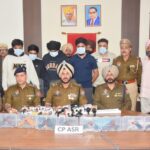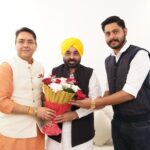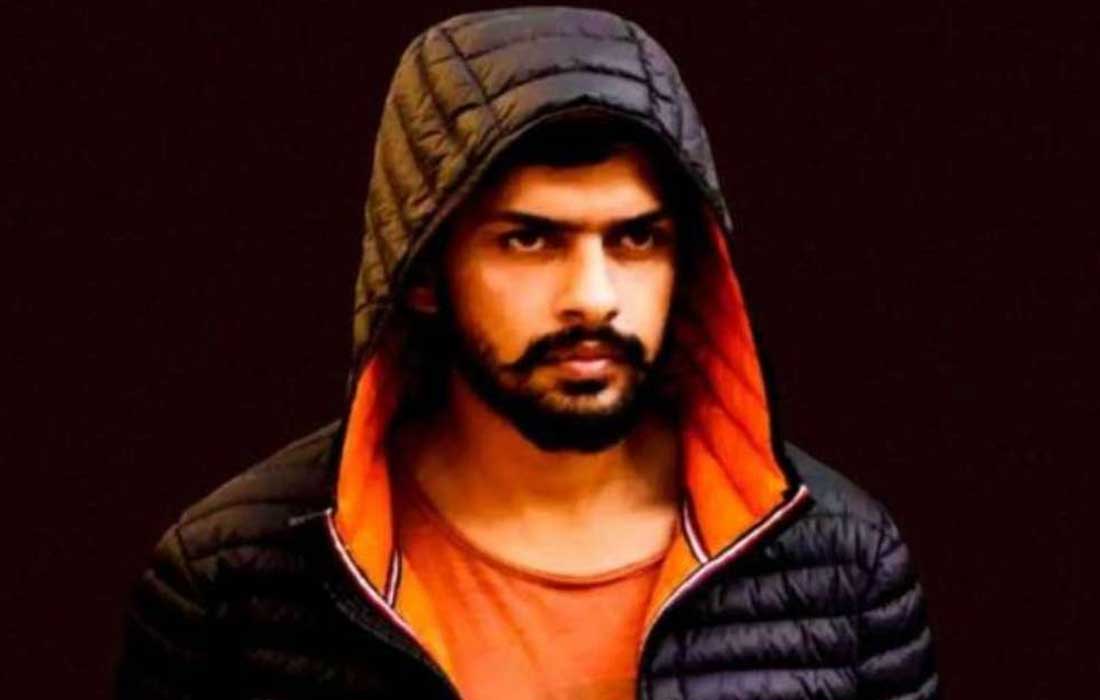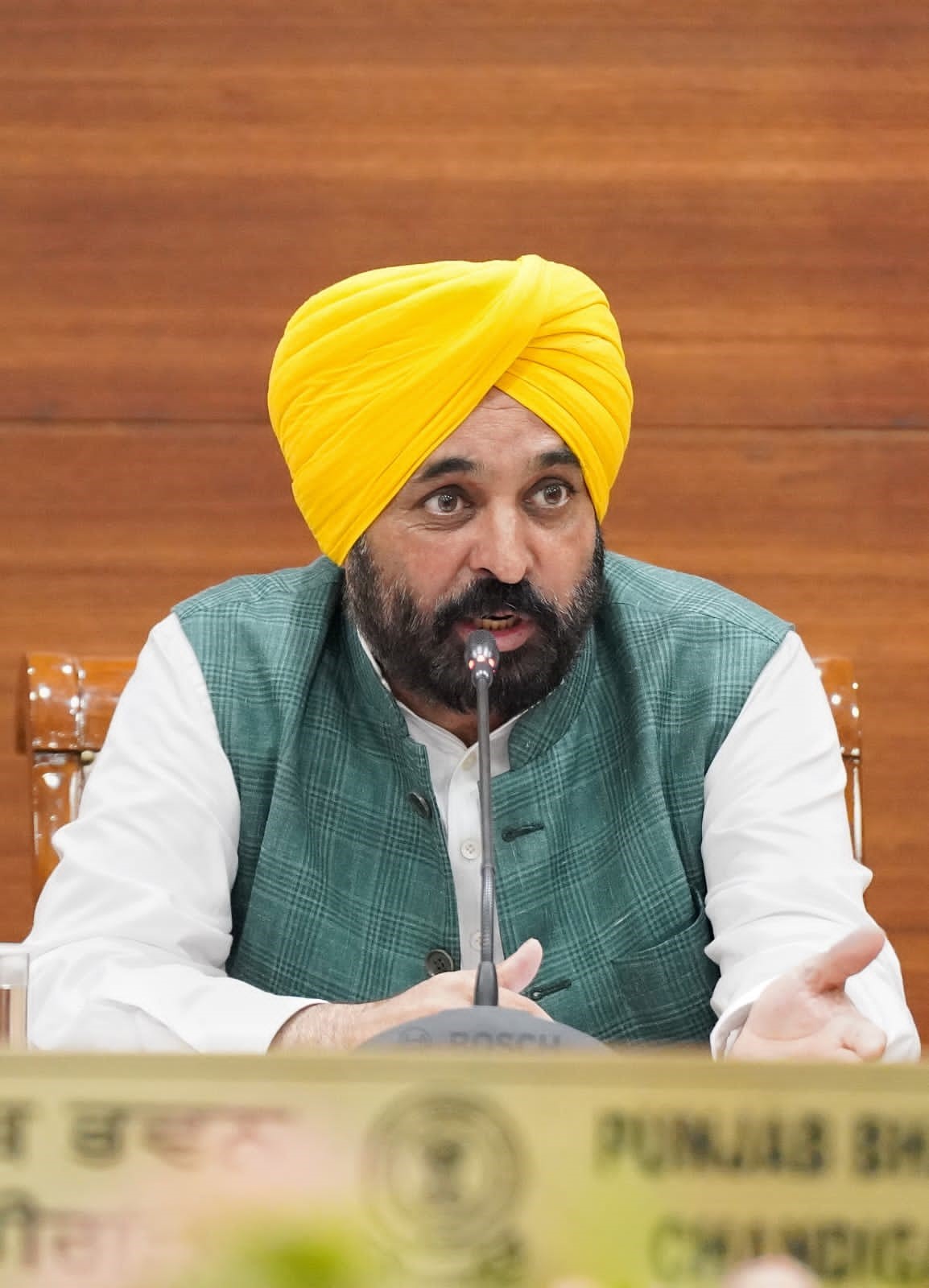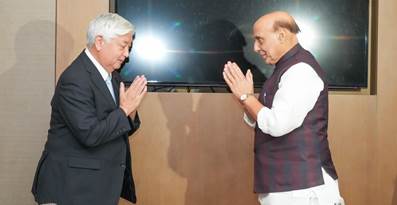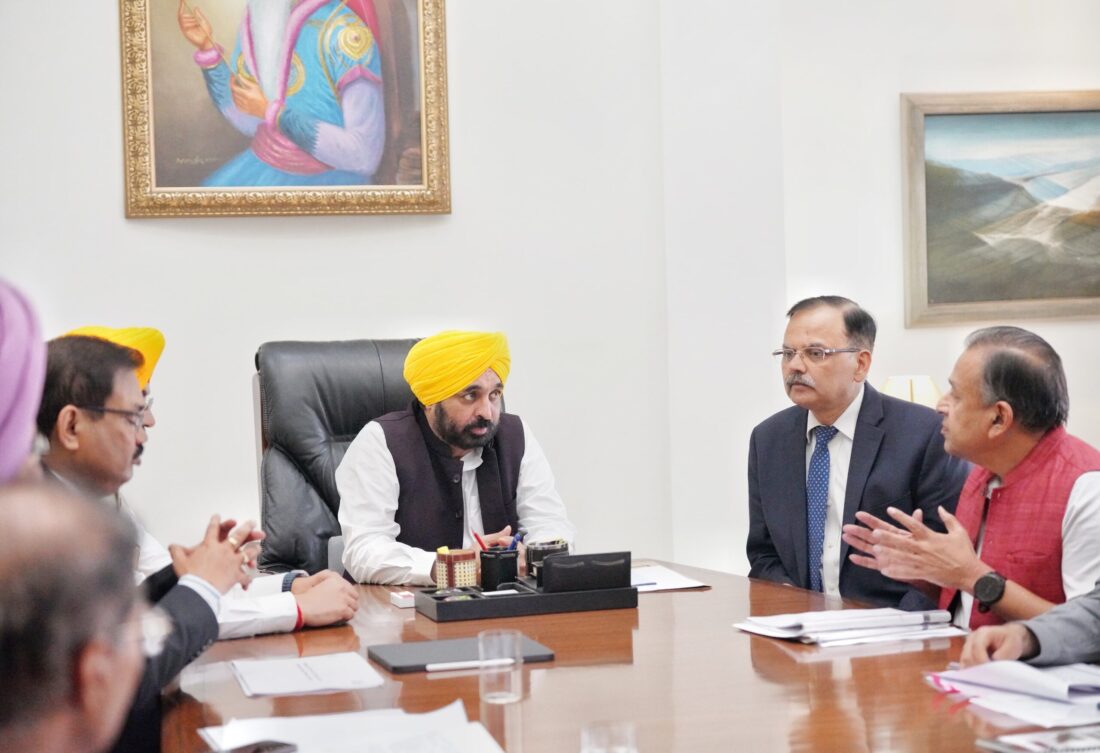North News
New Delhi, October 15
Amid a diplomatic standoff between India and Canada over the alleged targeting of pro-Khalistan separatists, National Security Adviser (NSA) Ajit Doval reportedly held a secret meeting with his Canadian counterpart in Singapore last week, according to US-based news outlet The Washington Post. The meeting, which included Canadian security officials, focused on allegations that India had utilized networks tied to the Lawrence Bishnoi gang to orchestrate the killing of Khalistani terrorist Hardeep Singh Nijjar and attacks on other Sikh separatists. Nijjar was wanted on terrorism charges by the Indian government, which had listed him as a terrorist under the Unlawful Activities (Prevention) Act and had also formally requested his extradition from Canada.
The report, citing anonymous Canadian officials, stated that during the meeting, Doval initially claimed not to know who Bishnoi was but later acknowledged that the gangster, even while incarcerated, was capable of orchestrating violent acts. The meeting, which lasted five hours, was attended by Canadian National Security Adviser Nathalie Drouin, Deputy Foreign Minister David Morrison, and a senior member of the Royal Canadian Mounted Police. Canada reportedly sought to convince India to end what it described as an “escalating campaign of violence” against Sikh separatists, the news outlet India Today reported quoting The Washington Post.
Canadian officials also warned that more details about India’s alleged involvement in attacks on Sikh separatists could become public as the trial of four suspects in Nijjar’s killing is set to begin next month. Nijjar was shot dead in Surrey, British Columbia, in June last year, sparking tensions between the two countries. Indian government has declared Nijjar
Doval rejected any claims of Indian involvement in Nijjar’s murder or any other violence, regardless of the evidence presented by the Canadian side, the news outlet reported. A response from India’s Ministry of External Affairs and NSA Ajit Doval is still awaited. Updates will be provided as soon as official statements from the Indian government are released.
India on Monday expelled six Canadian diplomats and instructed them to leave the country by October 19. Besides it, India also withdrawn its High Commissioner and several diplomats from Canada, citing security concerns and a lack of trust in Prime Minister Justin Trudeau’s government. The Ministry of External Affairs (MEA) said that the Canadian Charge d’Affaires was summoned by Secretary (East) to address what it called the “baseless targeting” of Indian diplomats in Canada.
The MEA emphasized that the actions of the Trudeau government, in an atmosphere of rising extremism and violence, had endangered the safety of Indian diplomats. “We have no faith in the current Canadian government’s ability to ensure their security,” said the ministry, adding that India reserves the right to take further action against Canada’s alleged support for extremism and separatism targeting India.
India firmly rejected Canada’s request to question its diplomats in an ongoing investigation, labeling the accusations as politically motivated. The MEA described these claims as “preposterous,” accusing the Trudeau government of pursuing a vote bank-driven agenda. High Commissioner Sanjay Kumar Verma, a veteran diplomat with over 36 years of experience, was defended by the ministry, which dismissed the allegations against him as “ludicrous.”
Tensions between the two countries escalated in September 2023, when Trudeau made accusations against India without providing evidence, according to Indian officials. The MEA also criticized Trudeau’s previous actions, including his 2018 visit to India, which it said was aimed at appeasing a specific voter base. The ministry pointed out that members of Trudeau’s cabinet have been associated with extremist and separatist movements against India.
The Indian government accused Trudeau of using the India issue to deflect attention from domestic problems, as his government faces scrutiny over foreign interference in Canadian politics. The MEA further criticized the Trudeau administration for providing a platform to violent extremists and terrorists, who it claimed have harassed and threatened Indian diplomats in Canada under the pretext of free speech.
India has indicated it may take further reciprocal actions, following what it sees as unjustified targeting of its diplomats.


